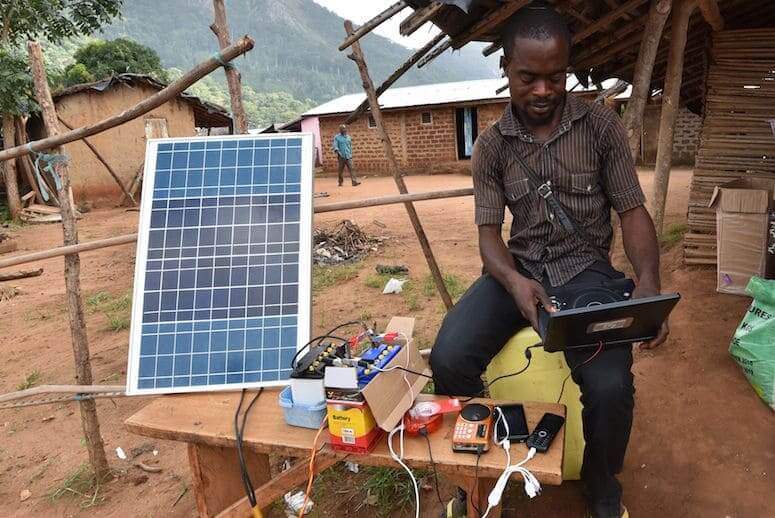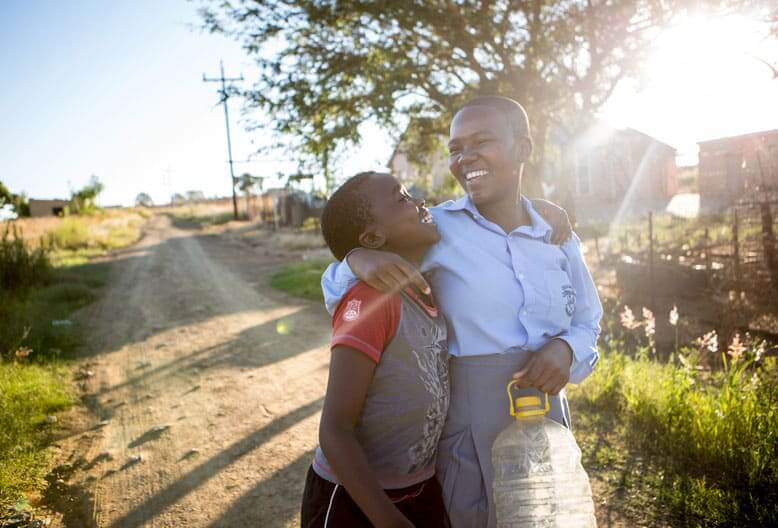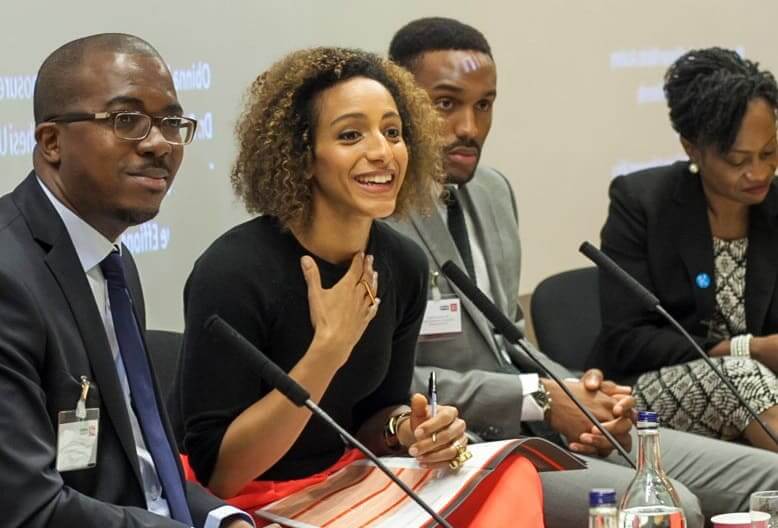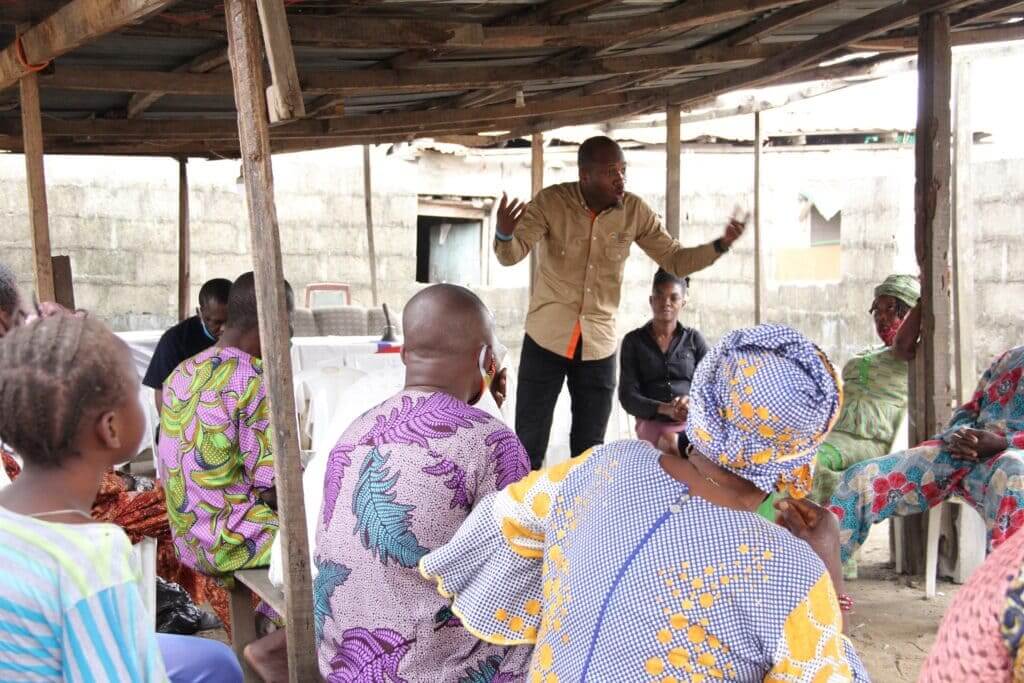Energy And Green Growth (EGREG)

Robert Alan Silverstein, Writer, Artist, Social Activist

The role of energy in socio-economic development cannot be overemphasized. Energy has long been identified as an essential element for humanity to develop and thrive and this was the reason why access to affordable, reliable, sustainable and modern energy for all by2030 was captured as the goal number 7 of the new United Nations Sustainable Development Goals (SDGs), which marked a new level of political recognition of energy. The targets of the SDG 7 include modern energy access for all, doubling of renewable energy as well as doubling energy efficiency. Energy is also at the heart of many of the other SDGs, including those related to poverty reduction and climate change. Thus, the provision of secure, affordable and modern energy for all citizens in sub-Saharan Africa (SSA) is central to poverty reduction and economic growth in the continent. However, access to modern forms of energy continues to elude many households in SSA and only about 45% of the population has access to electricity while 80% relies on traditional fuels for cooking and heating.Without electricity, households have inadequate lighting, communications and entertainment services and communities have limited access to essential services like healthcare and public lighting. Additionally, use of traditional biomass stoves contributes to millions of deaths in Africa and a recent Global Burden of Disease study estimates almost four million people die annually from household air pollution caused by traditional cooking fuels, while the time devoted by women and young children to obtaining traditional fuels restrict educational and economic opportunities.This situation can also be linked to the high level of poverty in the sub-region.
Accordingly, it is only important for SSA to continue to focus on its development objective and enhance access to clean energy infrastructure to its people while increasing per capita incomes to reduce poverty and enhancing overall welfare of its people. Thus, SSA’s economic development needs to progress at an even faster pace than ever before, and SSA’s requirements for energy and the resultant Greenhouse Gases (GHGs) emissions could therefore rise rapidly. The concern assumes even greater significance in the context of climate change given the low adaptive capacities of the SSA countries. Ensuring rapid economic development and enhancing access to modern energy services with limited resources without compromising environmental sustainability creates a dilemma for SSA planners and decision makers. In the light of these issues, the Energy & Development Program of the ASDPN seeks to ensure that all Africans have access to affordable, reliable and sustainable energy for all which is in line with the goal number 7 of the United Nations Agenda for Sustainable Development as well as the Agenda 2063 of the African Union (AU).
• To use our positions, research outcomes, and expertise to inform policies concerning energy in Africa • To Explore the linkages of entrepreneurship and energy production • To ensure that all households in SSA have access to electricity by 2030 • To reduce by 80% the number of SSA households that rely on traditional biomass (animal dungand firewood) to meet their cooking, heating, and lighting needs by 2030. • To promote renewable energy development in Africa and beyond • To promote the use of energy efficient appliances and inculcate energy efficient behaviours in all households in Africa • To create employment and simulate the economic growth through development of the small-scale renewable energy technologies in Africa. • To groom and mentor young people into energy expatriates for Africa
The Energy & Development Program of ASDPN International also seek to contribute to gender equality. There is a clear nexus between access to energy and gender equality. While a lack of access to modern and sustainable forms of energy impacts both men and women, inequalities in social standing, economic capability and gender-defined roles mean women often suffer from a lack of energy access in a disproportionate way. In SSA countries, women tend to bear responsibility for collecting and preparing fuel for cooking, as well as the cooking itself. Providing access to modern, affordable and reliable sources of energy has the potential to improve the well-being of women and and to provide women with new economic opportunities. Moreover, the time saved through access to modern energy can be redirected towards education which in turn empowers women.
Outcomes
-
Contribution to achievement of the Goal number 7 of the SDGs.
-
Contribution to the implementation of the Agenda 2063 energy targets of the African Union.
-
Reducing the number of lives lost to disease due to indoor air pollutants from traditional biomass cookstoves.
-
Productive uses of energy for income generation and poverty eradication.
-
Jobs creation
-
A low carbon Africa.
More Info
Inviting members/stakeholders to key energy events taking place in Africa. Trainings in partnerships with NGOs concerning gender and energy, clean and efficient use of energy in rural areas. Publish writings concerning renewable energy development in Africa member countries and beyond. Etc.Contact us:
info@asdpn.org
we will gladly share more with you.




